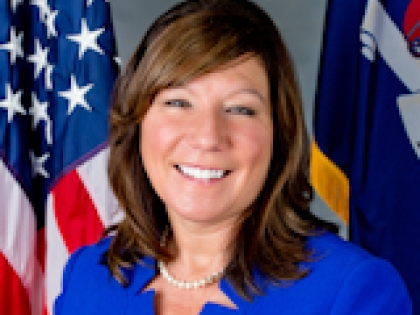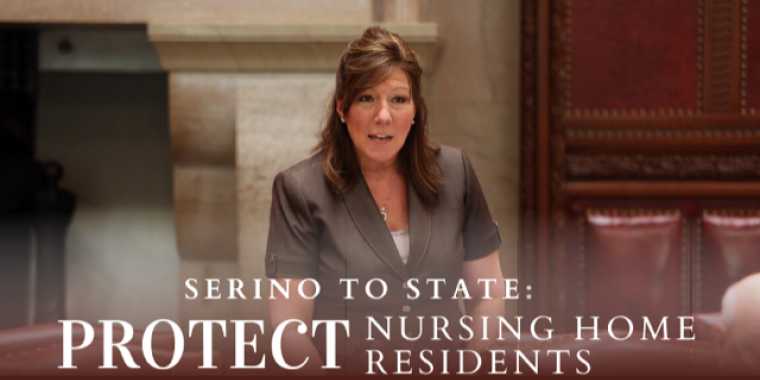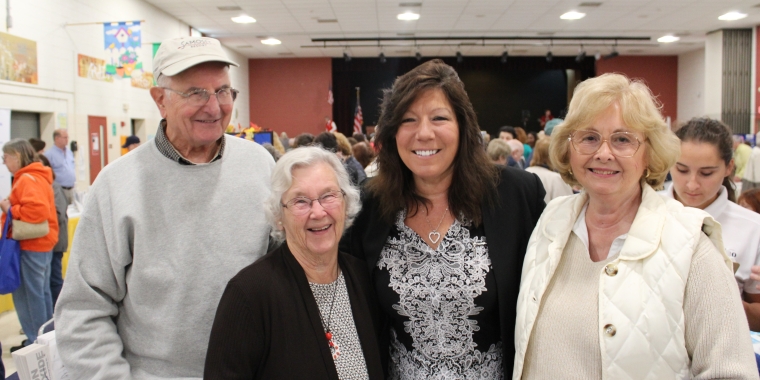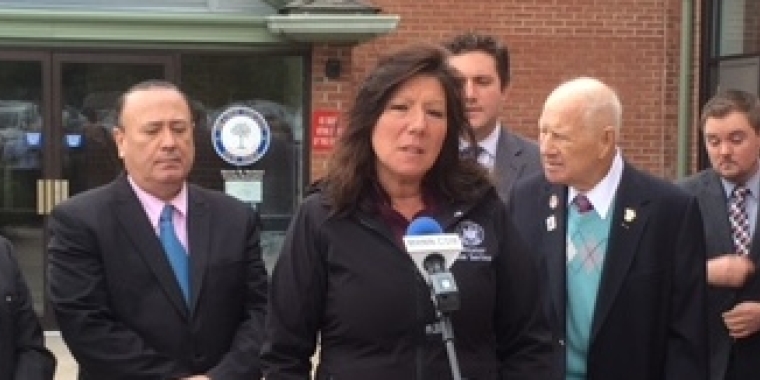
SERINO CONTINUES FIGHT FOR VULNERABLE NURSING HOME RESIDENTS
September 22, 2020

HYDE PARK, NY – With New York’s true nursing home death toll shrouded in secrecy, and the state actively dodging attempts to get to the bottom of it, Senator Sue Serino today will introduce legislation to expressly require the Department of Health (DOH) to report full and accurate numbers on COVID-related deaths.
Serino will also introduce a bill to require the immediate creation of regional ‘step-down facilities’ to ensure that the state is actually prepared to keep COVID-19 positive patients out of vulnerable nursing homes in the event of a potential ‘second wave.’
“The state has shown a complete unwillingness to address the mistakes of its past when it comes to protecting these vulnerable residents and supporting the facilities that care for them,” said Senator Serino, Ranking Member of the Senate’s Aging Committee. “If DOH won’t take the steps necessary to accurately report data that could help save lives, and prepare resources we know will be needed in the event of a ‘second wave,’ then the Legislature must act now to ensure the state takes these commonsense steps. At both Legislative hearings on the topic, and at our Republican-led roundtable, witness after witness made it clear that both of these actions are needed, and needed now. The Legislature cannot afford not to take action on these measures and I am calling on my colleagues in both houses to make them a priority today.”
To date, New York has reported that over 6,600 New Yorkers have died in nursing homes as a direct result of COVID-19. However, the state has been accused of drastically underreporting the actual number of deaths in these facilities as it fails to include information on diagnosed cases in nursing homes or COVID-19 fatalities that originate in nursing homes when residents are transferred and later pass at a hospital. Both practices run contrary to what most other states are required to report.
Serino’s bill would mandate comprehensive reporting by requiring DOH to post totals in the following categories to its website each week:
· Confirmed cases of COVID-19 and deaths resulting from COVID-19 within nursing homes in New York state;
· Individuals with a confirmed case of COVID-19 transferred from a nursing home to a hospital in New York state;
· Confirmed deaths of individuals transferred from a nursing home to a hospital resulting from a confirmed case of COVID-19; and
· Individuals with a confirmed case of COVID-19 discharged from a hospital to a nursing home.
Additionally, it requires the reporting to be provided in a format that can be downloaded in a spreadsheet to ensure researchers and policymakers can utilize it effectively to help analyze and improve the state’s response. Serino’s bill would also require the data to be compiled and posted by county, date, nursing home and hospital, and would require the inclusion of retroactive data back to March 1, 2020 to ensure New Yorkers are given a full and accurate picture of how this pandemic has impacted these vulnerable facilities.
“Data or no data, it is clear that the state must do more immediately to ensure COVID-positive patients are not forced into vulnerable facilities,” Serino continued. “It is painfully clear that the state must have a better plan to safely house individuals who require skilled nursing after contracting COVID-19, but no longer require hospitalization. Now is the time to put that plan in place, not in the midst of any ‘second-wave.’ Since DOH has yet to produce one publicly, my bill would require them to do so, giving public health and policy experts a chance to weigh in to ensure we are doing all we can to effectively protect these residents and those who care for them.”
In April, Senator Serino was the first to propose the creation of regionalized ‘specialty care centers’ to help safely care for these individuals in this position. To date, Serino’s proposal has gone ignored by DOH and the Governor. When Serino asked the Commissioner of Health about this proposal at the recent Legislative Hearing, she was told the agency ‘would get back to her.’ To date, she has received no communication from the Department on this issue despite the fact that the need for step-down facilities like this took center stage for much of the second hearing on the topic.
Specifically, Serino’s bill would require DOH to produce and publicly release a plan to establish regional step-down facilities—spaces specifically dedicated to ensure those recovering from COVID-19 have a safe place to isolate for the time after they can safely be discharged from a hospital, but cannot yet return to their residential healthcare facility without posing a risk to other residents.
Both bills would take effect immediately.
-30-

